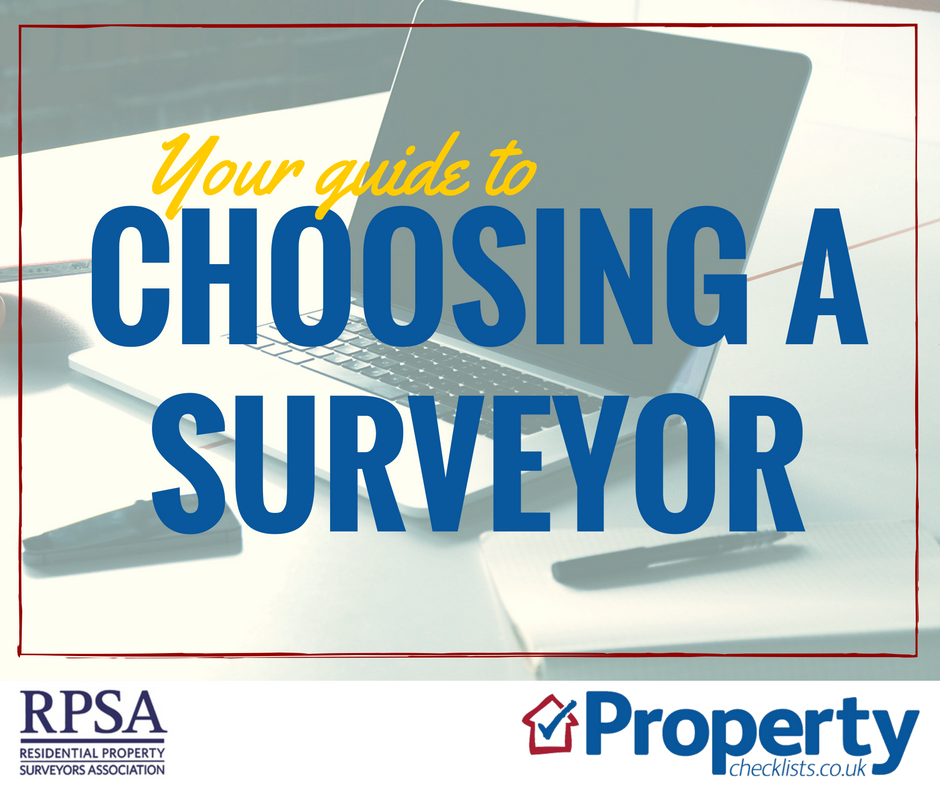
Divorce and relationship breakdowns are one of the harsh realities of life for many people, unfortunately, and splitting up a joint property is one of the biggest hurdles you will face. If possible, try to maintain an amicable relationship with your ex, as this will make the situation easier and the process run more smoothly. This is especially important if either of you has children, as it will lessen the distress caused.
You have the right to stay in your home if:
This gives you ‘home rights’, so can stay in the property, regardless of whether you are joint owner or not. Similarly, if you are the sole owner and split from your spouse or civil partner, they will retain the right to stay in the property if they choose to do so. Even if one of you has left the property, you have the right to return. These rights end when the divorce is finalised.
If your spouse or civil partner owns the property on their own, you can strengthen your position by registering your home rights with the Land Registry. This can help stop your partner from selling your home without your consent.
As joint owner of the property, you have the right to stay, even if you are not married or in a civil partnership. As above, if one of you has left the property, you retain the right to return.
You will both be jointly and severally liable for the mortgage payments and household bills so make sure you draw up a plan for paying these, as falling into debt will only add to your problems, particularly when it comes to finding new accommodation for one or both of you. It’s a good idea to speak to your lender as soon as you can, so they are aware of the situation. If you keep them informed, they are more likely to be understanding and flexible if you struggle to meet your mortgage payments.
What to do if you can’t pay your mortgage.
If the property is owned by your partner and you are not married or in a civil partnership, you have no rights to stay there, although you should be given a reasonable amount of notice to leave.
If the property is yours, you may ask your partner to leave, with reasonable notice.
If you have both contributed to the household finances, then the party who is not named on the deeds may have a stake in the property, but needs to be able to prove this.
Speak to your legal representative or contact Citizens Advice or Shelter for more help on your rights.
There are several options for the family home after divorce or the break-up of a civil partnership.
This gives you both a clean break, although will largely depend on the financial situation and whether any children are involved. If you have children and can afford to retain the property, you may prefer to minimise their upheaval by staying put.
If you decide to buy or sell your share of the property, it is wise to get an independent valuation of the property by an estate agent or RICS surveyor. It is a good idea for neither of you to be present for this, as you will have conflicting wishes when it comes to the valuation, ie the buyer will want it to be valued low, while the seller may want the opposite.
| How to choose a survey |
 |
The property may not be the only asset. It may be possible for one party to remain in the property if the departing partner takes the savings, pension etc. Every case is individual and needs to be considered carefully, with a solicitor or family mediator.
You may decide that it is best for one partner to stay in the property (usually, but not always, the mother caring for the children), but they cannot afford to buy their share. In this case you can defer sale of the property until a set date or when the children leave home. This is known as a Mesher Order or “order for a deferred sale” and can contain a list of scenario which would force the sale of the property, such as a new partner moving in, or the remaining partner remarrying.
Traditional Mesher Orders can, however, make it difficult for the departing partner to buy another home as they may not be able to secure another mortgage. One option is a deferred charge Mesher Order, where the departing partner retains an interest in the property by way of a second mortgage.
Read more about the different types of order in The Guardian.
Simply getting divorced is not enough to separate your finances from your ex-partner. To prevent your ex from making a claim for a share in your assets in the future – property, savings, lottery winnings, etc – you need a Clean Break Order or a Consent Order from the Court.
A Clean Break Order can be deferred until certain conditions are met, eg the children have left home, or it may not be appropriate if the future is uncertain, eg if you have both contributed to a family business and you want to reap the rewards if and when it takes off.
If you can retain an amicable relationship with your soon-to-be ex, you may be able to avoid using a solicitor, which can run into thousands of pounds, as highlighted by The Daily Telegraph, especially if you need to work through several issues. Most solicitors will charge £150-£200 per hour, plus VAT, which soon adds up.
An alternative is to work with a mediator through the Family Mediation Council, which can help you resolve your issues without having to go through the distressing, time-consuming and costly court process.
You can download the Family Mediation Council’s guide to sorting your finances during divorce for free, or order a printed version for £19.
If you go down this route, your contact may be able to help you with who to go to for cost effective legal help, so it’s worth asking.
If you have a joint tenancy, you are ‘jointly and severally’ liable for the rent and have the right to stay in the property. This means, if your partner stops paying rent, you will have to meet the payments yourself.
If your partner moves out and gives notice to the landlord, this may end your tenancy so, if you wish to – and can afford to – stay in the property, speak to your landlord as soon as possible to request that the tenancy is transferred into your name only.
If you cannot afford the rent and your financial problems are likely to be short-term, you may be able to negotiate a lower rent temporarily, and pay back the shortfall later.
However, if you cannot afford the rent on your own, and your partner no longer pays, you will need to give notice to your landlord and find somewhere cheaper to live.
You are likely to have the right to remain in the property after a split if you are married or in a civil partnership, even if the tenancy is in your ex-partner’s name only.
Similarly, if the tenancy is in your name, your spouse or civil partner may well have the same ‘home rights’ and does not have to leave the property.
If you are not married or in a civil partnership, however, you may not have this automatic right, although you can apply to the courts for the tenancy to be transferred into your name. If children are involved, the court generally favours the primary care-giver. For help with this situation, speak to Citizens Advice.
If you have any questions about your property rights when splitting from your partner, please do get in touch. We are a small company but will do our best to help.